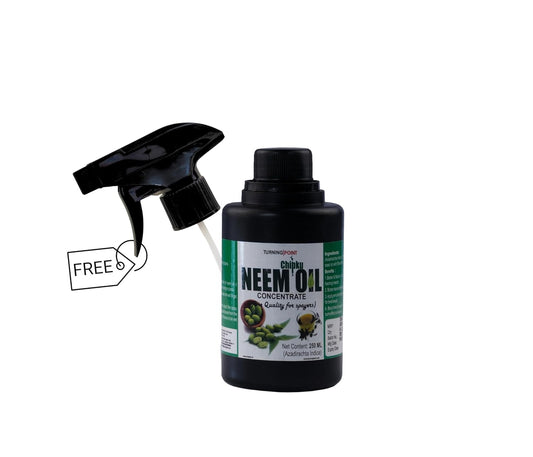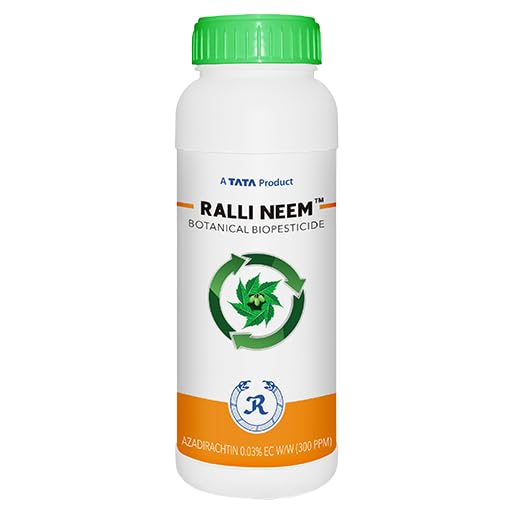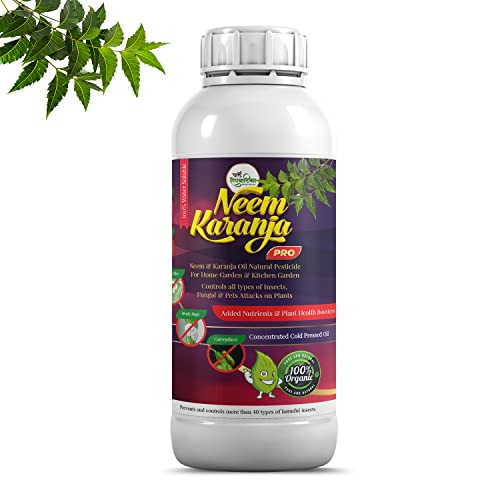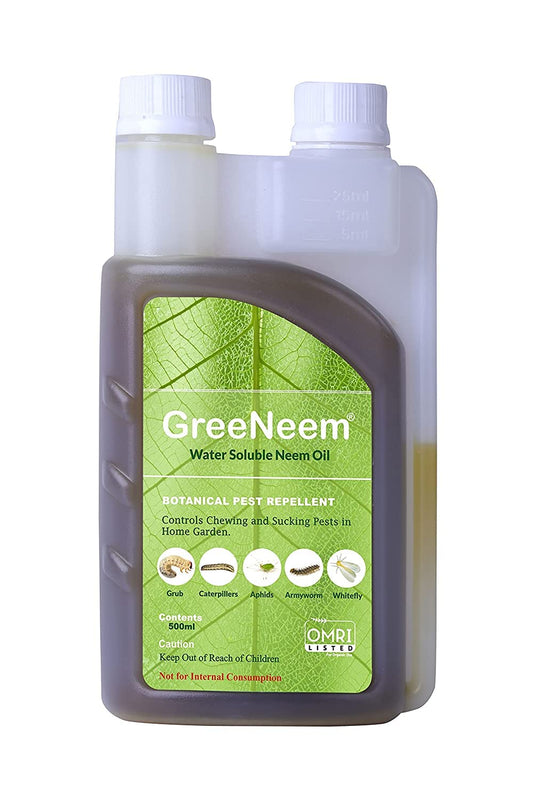A key, every farmers must know - sulfur is important more than your imagination!
Share
Plants require a comprehensive set of 18 essential nutrients, encompassing elements such as carbon (C), hydrogen (H), oxygen (O), nitrogen (N), phosphorus (P), potassium (K), calcium (Ca), sulfur (S), magnesium (Mg), zinc (Zn), iron (Fe), manganese (Mn), copper (Cu), boron (B), molybdenum (Mo), chlorine (Cl), nickel (Ni), and silicon (Si).
Conversely, human nutrition relies on a diverse range of components, including proteins, carbohydrates, oils, vitamins, and minerals. Among these nutrients, sulfur (S) holds particular significance due to its crucial role in the metabolism of essential substances such as proteins, carbohydrates, oils, vitamins, and minerals.
Sulfur plays a pivotal role in the photosynthetic machinery of plants, participating in the synthesis of carbohydrates from light and water. Crops like Jawar, wheat, and barley, which constitute approximately 70% carbohydrates, heavily depend on adequate sulfur levels for optimal yield.
Additionally, sulfur is a fundamental component of proteins and serves a critical function in various enzymatic processes. Crops such as pulses and nuts, known for their substantial protein content, rely on sufficient sulfur for optimal growth and yield.
In the realm of oil production, sulfur is a key player, as proteins are essential for synthesizing oils. Oilseed crops like soybean, groundnut, and sunflower demand substantial amounts of sulfur as a fertilizer. A deficiency in sulfur can lead to significant losses in both yield and quality.
Furthermore, sulfur contributes to the synthesis of essential vitamins like thiamine, riboflavin, and pantothenic acid, as it is a component of coenzyme A.
Notably, sulfur is classified as a mineral and forms compounds with various essential minerals, including zinc, iron, manganese, calcium, and potassium.
Given this vital role, sulfur emerges as an indispensable fertilizer. Farmers should ensure that their fertilizers contain sulfur to meet the nutritional needs of their crops. Various sulfur-containing fertilizers are available, including sulphur coated urea, Sulphate of potash, ferrous sulfate, zinc sulfate, manganese sulfate, and magnesium sulfate. Moreover, elemental sulfur can be applied in multiple forms, such as sulfur 90% powder, sulfur 90% granules, and sulfur 90% wdg. Additionally, there is a recent market availability of a combination fertilizer, consisting of 67% sulfur and 14% zinc.
Farmers should also be aware that elemental sulfur, when in a water-dispersible granule form, serves as a valuable fungicide and acaricide while contributing to soil conditioning. This comprehensive knowledge underscores the critical importance of sulfur in modern agricultural practices, ensuring optimal crop health, yield, and quality.










